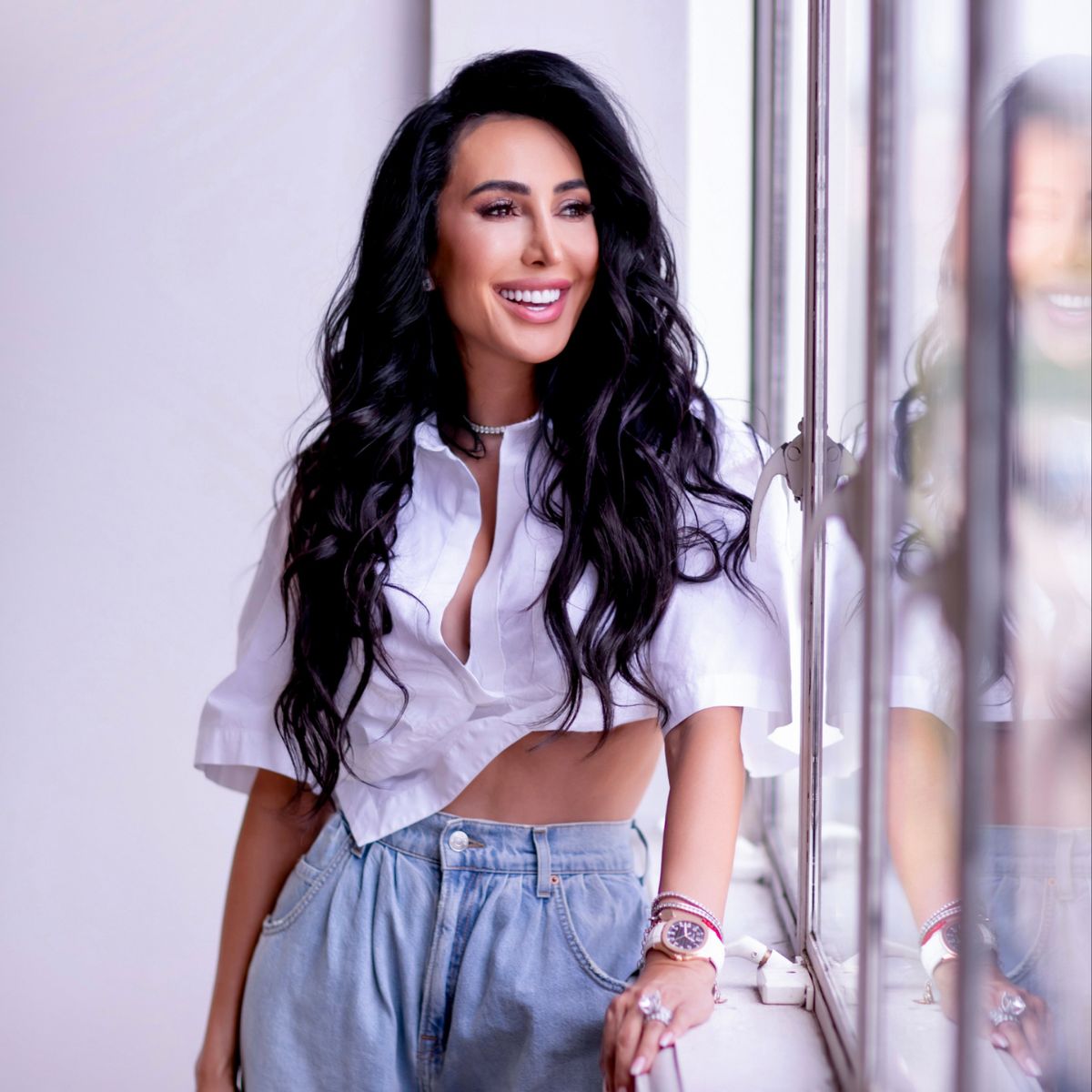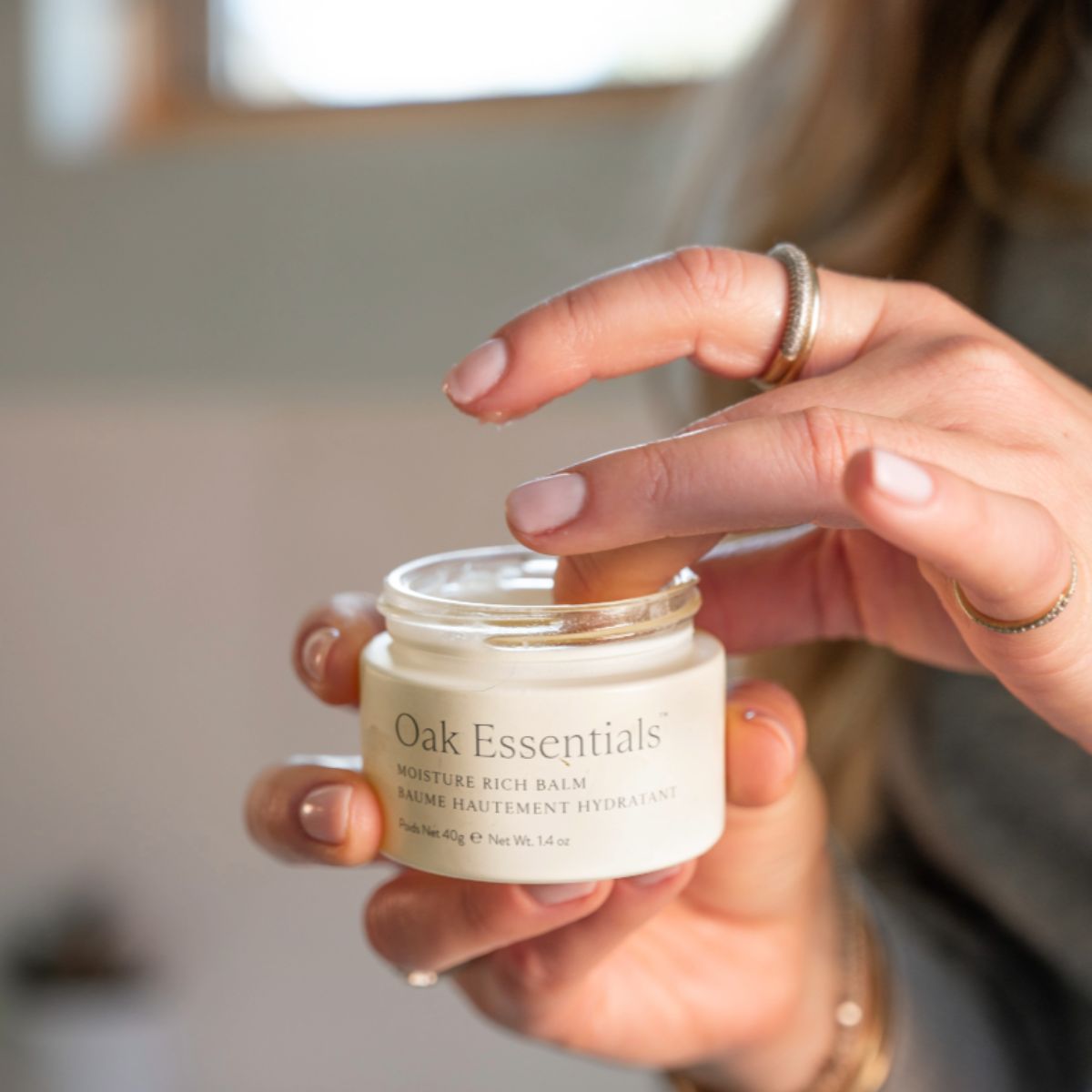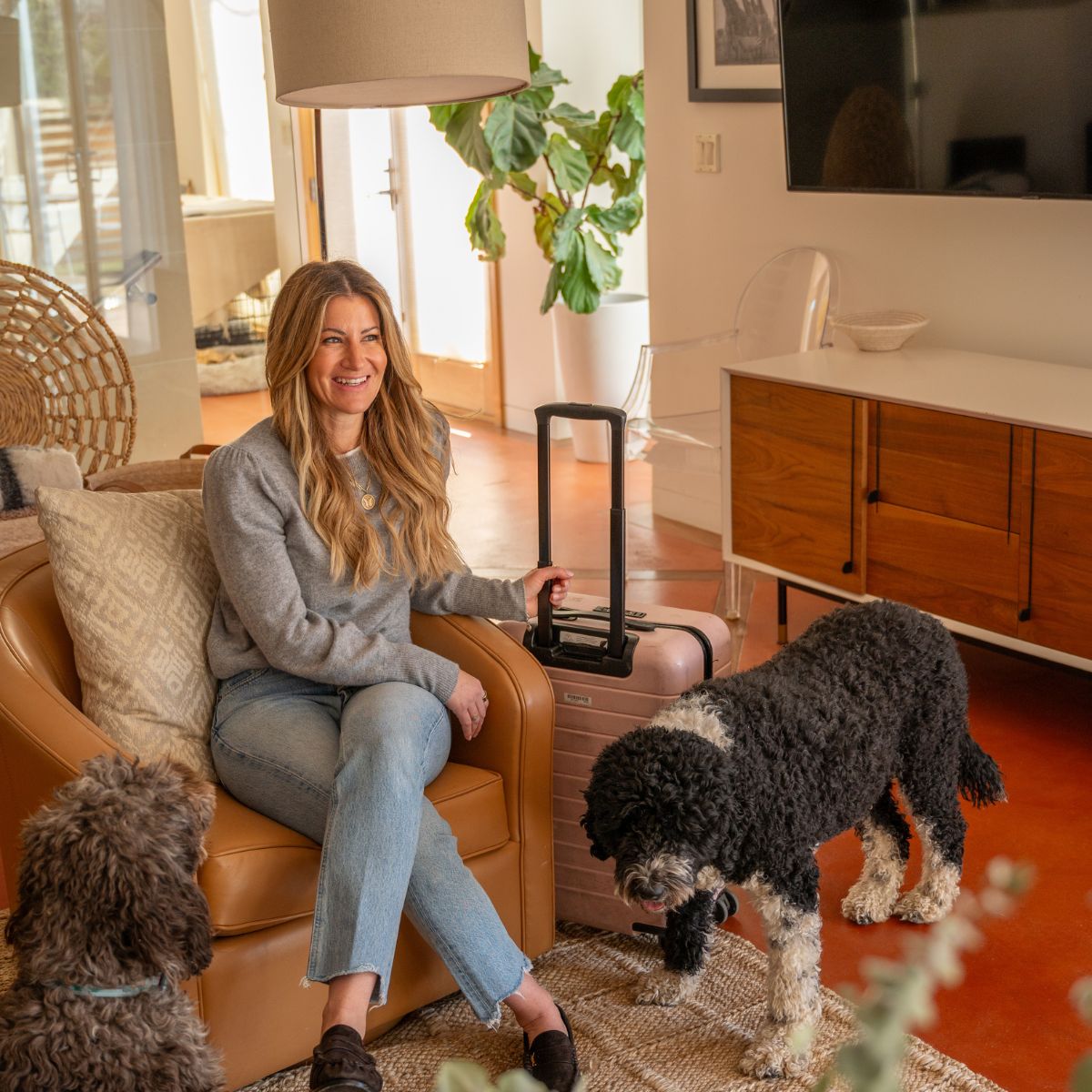If you’re looking for a no nonsense approach to fitness, nutrition and being your best self, this week’s episode is for you. Elizabeth welcomes Alex Redmond, Entrepreneur and CEO of Biz Fit, an app and community dedicated to empower brilliant women to master their health, productivity and confidence. Alex has worked with hundreds of women around the world, from busy moms to career driven women, and has found that getting healthy is much deeper than just the physical aspect. In today’s episode, Alex shares her tips for incorporating strength training into your fitness routine and how women could see huge results with just a few tweaks. Alex also talks about the concept of eating to fit your macros, why weight lifting won’t make you bulky, and the beauty (and productive quality) of a good rest day.
Podcast
Breaking Misconceptions in Strength Training and Getting 1% Better Every Day
with Alex Redmond

You may also like
Mix & Match










